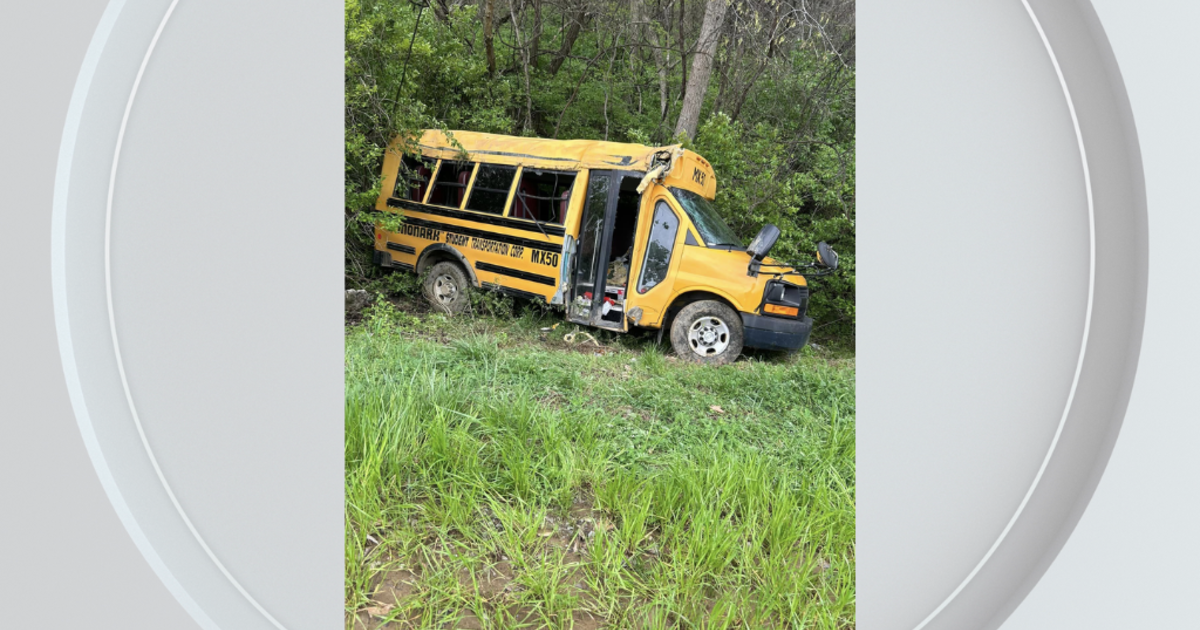New Pennsylvania School Funding Formula Wins Panel's OK
HARRISBURG, Pa. (AP) - A bipartisan panel of state lawmakers and advisers to Gov. Tom Wolf gave unanimous approval Thursday to a new formula to distribute aid to Pennsylvania's 500 public school districts, a model that would funnel more money to districts with rising enrollment and students whose families are deeper in poverty.
The formula still does not have the agreement of the Legislature, and there are battles that remain to be fought over whether and when to start using the formula, and how much money to distribute through it. It also would not automatically correct the inequities built into Pennsylvania's current system of distributing nearly $6 billion in for classrooms and administration.
For now, the formula endorsed by the 15-member Basic Education Funding Commission is being advanced as a way to inject transparency, fairness and predictability into distributing school aid in a state branded as harboring some of the nation's worst disparities between wealthy and poor school districts.
The real-world effect of the proposed formula remained unclear, since the commission would not release a rundown showing exactly how money would flow through it to each district.
Wolf, a Democrat, said he supports the proposal.
It makes "really strong statement" that lawmakers from both parties could agree to it, Wolf said in an afternoon news conference.
Rep. Mike Vereb, R-Montgomery, a co-chairman of the commission, called the vote a "really historic moment" and pledged to seek rank-and-file support for it in the huge House Republican majority.
The unanimous vote came a year after then-Gov. Tom Corbett signed a law creating the commission to fix what many called a broken formula.
Education and school groups, including the Pennsylvania School Boards Association, Education Voters of Pennsylvania and Pennsylvania Partnerships for Children, quickly endorsed the commission's product.
For the first time, the formula would recognize not just a district's number of low-income students, but the number of students living at the deepest level of poverty - below the federal poverty level - and the proportion of the district's enrollment they represent.
It also would emphasize a district's current enrollment, addressing complaints from growing school districts, and for the first time recognize a district's charter school costs, geographic size and financial wherewithal to fund schools with local taxes. Another element of the proposed formula - the number of English-language learners in a district - has only been intermittently recognized in the past.
The proposal arrives as Wolf is seeking the Republican-controlled Legislature's approval for the state's biggest-ever one-time increase in public school funding.
Some members of the commission cautioned that simply creating a new formula cannot wipe out inequities built into the system.
"Where we are today didn't happen overnight," said Rep. Michael Sturla, D-Lancaster. "We have the most desperate funding for education of any state in the nation right now and the fix won't happen overnight either."
Pennsylvania last had an entrenched and objective school funding formula around 1990. After that, the distribution of school dollars became a political exercise in which governors and top lawmakers often worked behind closed doors to bend the formulas to their will.
One feature of the current system is called "hold harmless" and the commission did not recommend getting rid of it. The use of "hold harmless" has meant that every district - regardless of any change in wealth or enrollment - received more when the state increased the total amount of annual aid it distributed. That has resulted in dollars going to less deserving districts instead of the fastest growing or poorest districts, school groups say.
Getting rid of that feature could be politically impossible. The commission said in its report that eliminating it after 20 years of use would result in 320 school districts receiving approximately $1 billion less from the state.
Join The Conversation On The KDKA Facebook Page
Stay Up To Date, Follow KDKA On Twitter
(© Copyright 2015 The Associated Press. All Rights Reserved. This material may not be published, broadcast, rewritten or redistributed.)



